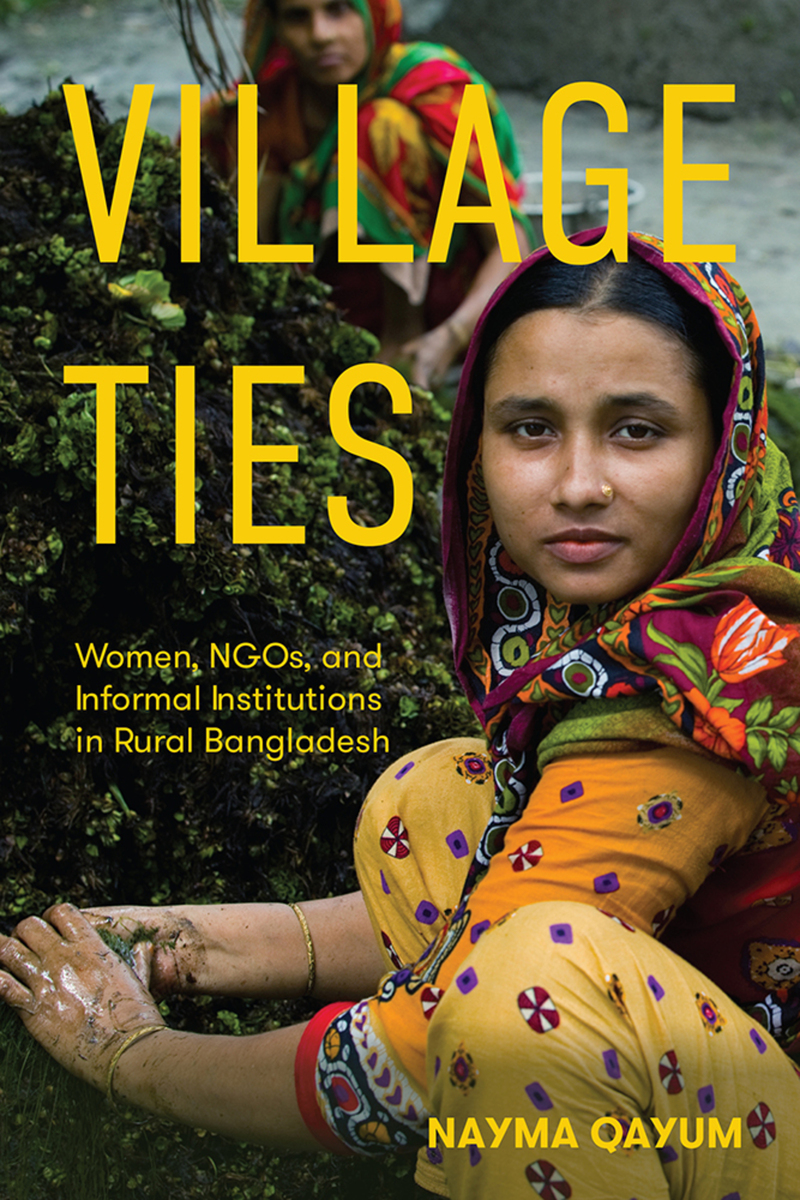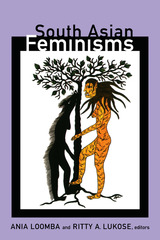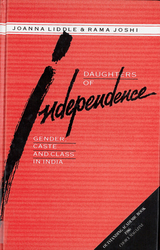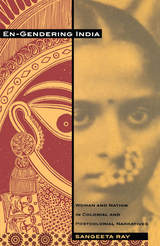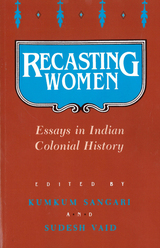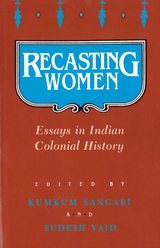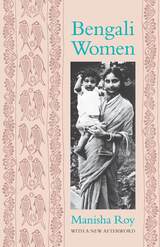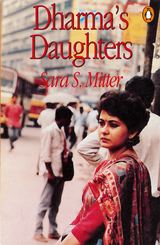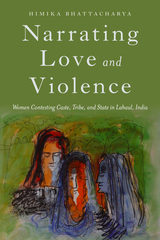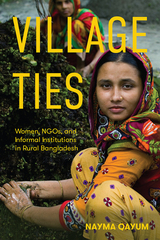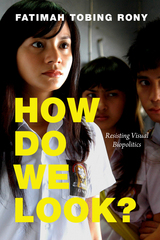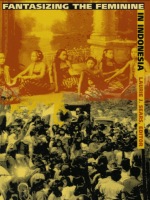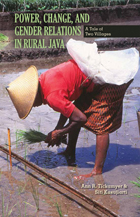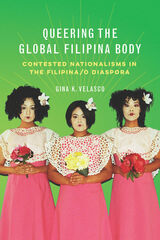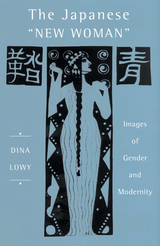Village Ties: Women, NGOs, and Informal Institutions in Rural Bangladesh
Rutgers University Press, 2022
Paper: 978-1-9788-1644-2 | eISBN: 978-1-9788-1648-0 | Cloth: 978-1-9788-1645-9
Library of Congress Classification HQ1745.6.Q29 2022
Dewey Decimal Classification 305.42095492
Paper: 978-1-9788-1644-2 | eISBN: 978-1-9788-1648-0 | Cloth: 978-1-9788-1645-9
Library of Congress Classification HQ1745.6.Q29 2022
Dewey Decimal Classification 305.42095492
ABOUT THIS BOOK | AUTHOR BIOGRAPHY | REVIEWS | TOC
ABOUT THIS BOOK
Across the global South, poor women’s lives are embedded in their social relationships and governed not just by formal institutions – rules that exist on paper – but by informal norms and practices. Village Ties takes the reader to Bangladesh, a country that has risen from the ashes of war, natural disaster, and decades of resource drain to become a development miracle. The book argues that grassroots women’s mobilization programs can empower women to challenge informal institutions when such programs are anti-oppression, deliberative, and embedded in their communities. Qayum dives into the work of Polli Shomaj (PS), a program of the development organization BRAC to show how the women of PS negotiate with state and society to alter the rules of the game, changing how poor people access resources including safety nets, the law, and governing spaces. These women create a complex and rapidly transforming world where multiple overlapping institutions exist – formal and informal, old and new, desirable and undesirable. In actively challenging power structures around them, these women defy stereotypes of poor Muslim women as backward, subservient, oppressed, and in need of saving.
See other books on: Asian Studies | NGOs (Non-Governmental Organizations) | Rural | Rural conditions | Social Policy
See other titles from Rutgers University Press
